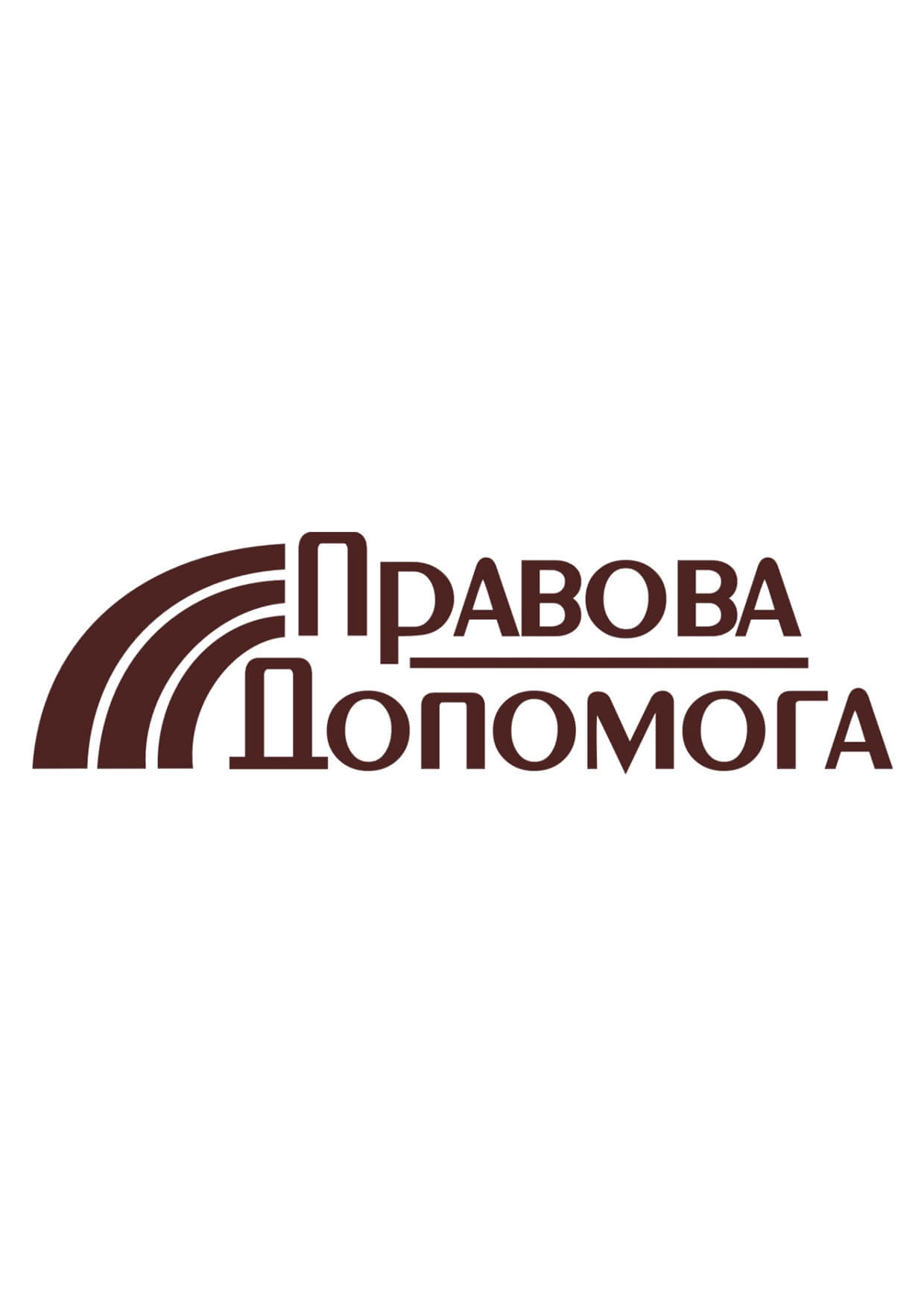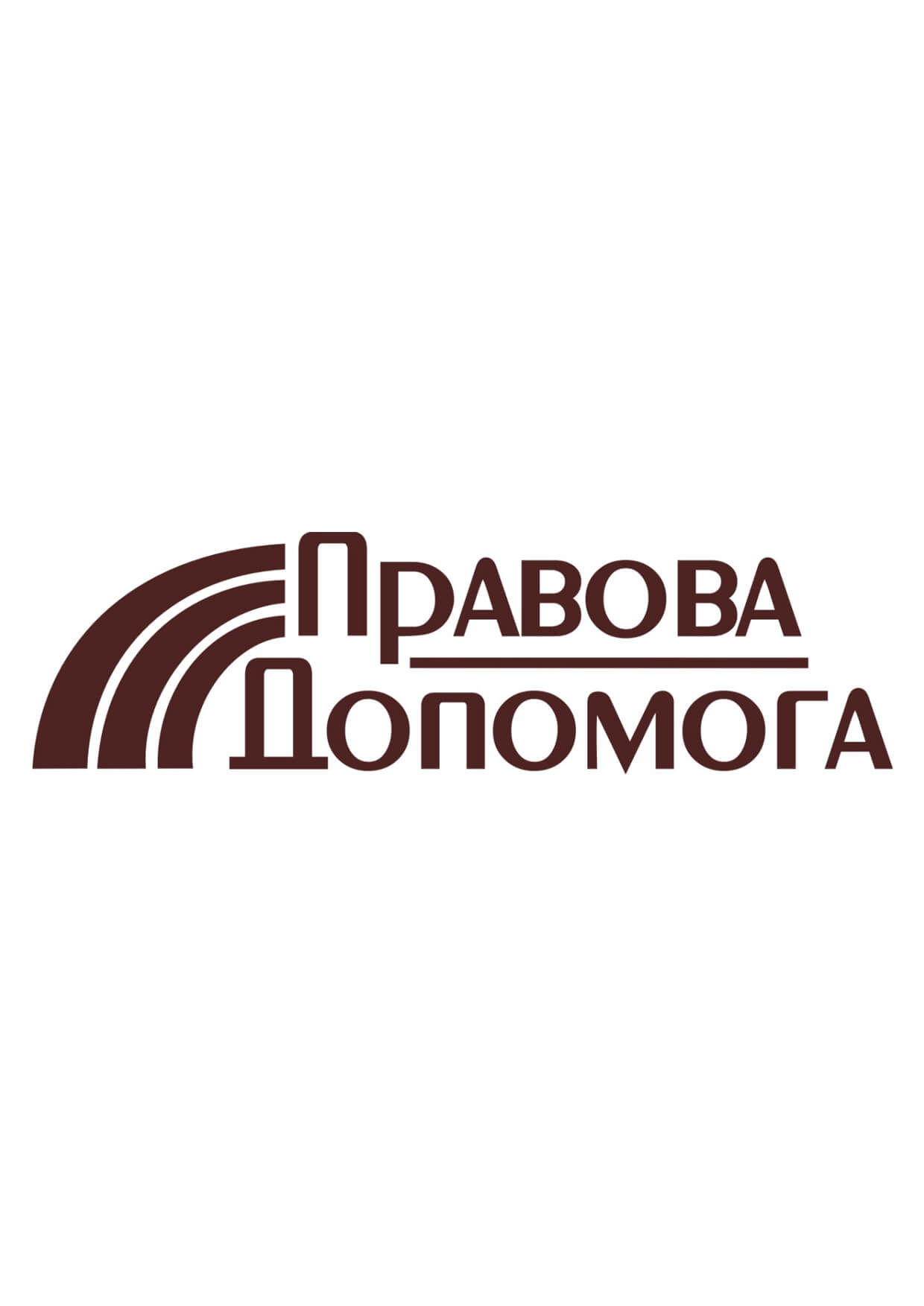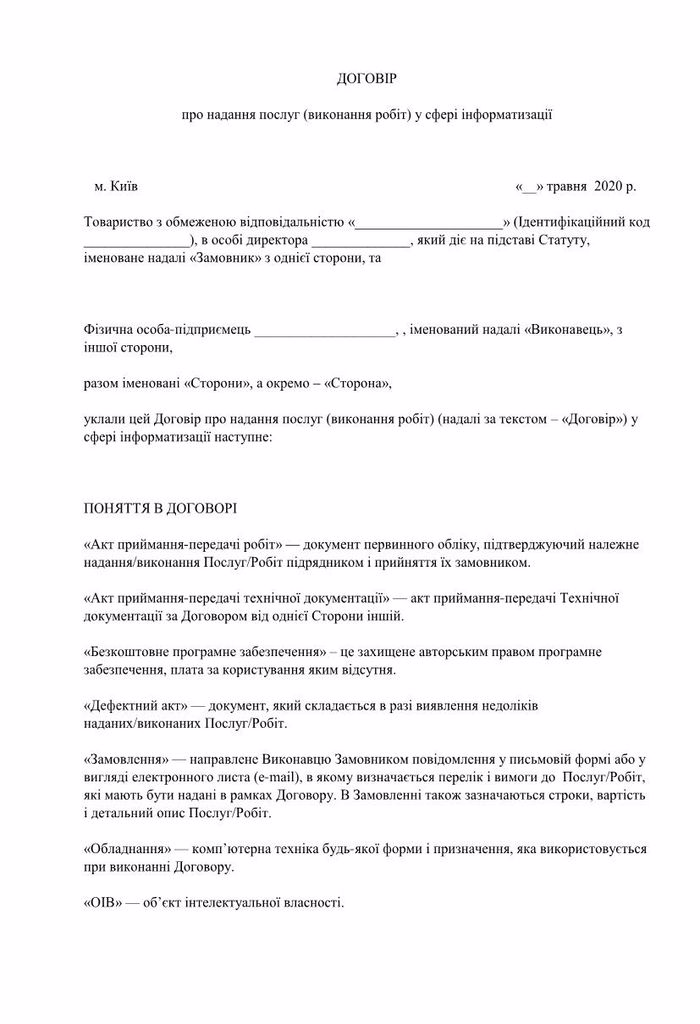IT Product Sales: Service, Royalty or Subscription?
Cost of services:
Reviews of our Clients
... our work on joint projects assured us of your high level of professionalism
An IT company may be able to develop or have already developed great products, perhaps even sell them. But a lack of understanding of the legal or accounting aspects can lead to the following risks:
- Loss of rights to such proprietary product (e.g., theft by an unscrupulous partner or resale without coordination with the owner);
- Increased taxation of transactions for the sale of goods/services;
- Close attention of regulatory authorities or frequent financial monitoring.
The main mistake made by the majority of IT company owners is working with boilerplate primary documents. The main task of the owner is business development, and often the waste of time on operational (including accounting) routine is put aside or replaced by template primary documents.
Today we will talk about how IT companies can protect themselves when selling their products.
You may also like: Individual Entrepreneur vs Gig-Contracts in IT. Which to Choose?
What products does the IT company sell and how does it happen in practice?
The payment scheme that most IT companies use today for their product is as follows:
- The bank or customer asks the company to submit a contract/statement of work/terms of reference.
- The IT company finds the first template available on the Internet, changes the details, and signs it.
- Similarly, documents (contracts and other documents) are created with all customers.
Yes, this option may be used in practice, but by using it you must accept the risks:
- recognition of the employment relationship between the company and sole proprietors (fine of UAH 201K);
- your company's interests are not protected - the terms, quality of work, and payment terms are not defined properly (the contractor may receive an advance payment, but not perform the work on time);
- not described the terms of accepting and transferring of completed work (the contractor can develop software individually to your order, but sell it to some other client);
- the tax authorities recognize a fictitious operation - a fine ranging from 18% of the amount of the operation and up to the suspension of the company's activities.
If you want to take a competent approach to financial management and ensure the financial security of the company, we suggest:
- getting advice in terms of defining your scope of services or product (what exactly are you selling from a legal and accounting point of view);
- determining the beneficial taxation of operations of your activity;
- developing your own (not template) package of documents: contract, primary documentation, and other documents that will allow you to foresee the risks of working with clients and provide legal protection in case of legal or tax disputes.
The IT industry includes many types of services, namely:
- IT consulting;
- Software support and implementation;
- Software development under the client;
- IT training courses for personnel who will work with the software;
- Software subscription;
- Transfer of temporary use of software;
- Transfer of exclusive rights to distribute the software (franchise);
- Different types of electronic services;
- Other types of services.
The transparency of your business, accounting and optimal taxation of operations will depend on how correctly you define the concept of your product at the initial stage of company establishment.
Many owners of IT companies (including developers) work under standard contracts with the subject of the contract "Provision of consulting services in the field of IT programming". Although in fact, this can be both consultation and development of a new product or provision of existing software for use.
You may also like: Software Rights for an IT Startup in Ukraine.
Ways to sell IT products or services in Ukraine
1. Providing consulting services, technical support.
The result of this work is a consultation provided to the customer in terms of information, computer systems or other IT-issues.
Taxes:
- 5% of the single tax on the amount of proceeds to the current account (if you are a single taxpayer) or 18% of income tax on the financial result (if your company uses the general tax system);
- 20% VAT if the consultation is conducted without making any changes to the software product (for example, you have sold the software (the right to use or subscribe to it), and the customer has a problem with it. If you just told the customer what to do - the cost of this service is subject to 20% VAT. And if you made changes to the software to make it work properly - this service is exempt from VAT).
Primary documents:
- Agreement for consulting services or technical support;
- Invoice;
- Certificate of work performed;
- Consultation (in writing or an opportunity to listen to the recording on the IP-telephony).
2. Selling programming results.
Your company develops software, applications, databases, websites, and other things, and you have a patent on the results of the programming.
The result of the transaction is the sale of intellectual property.
Taxes:
- 5% of the single tax from the amount of receipt on the settlement account (if you are a payer of the single tax) or 18% of profit tax from the financial result (if your company uses general system of taxation)
- In respect to VAT this operation is exempt from VAT until 01.01.2023.
Primary documents:
- license agreement;
- license to use the object of ownership rights;
- act of acceptance and transfer of ownership.
3. Development of custom programming results (customer-specific).
You develop software, databases, or other programming results directly for a specific customer.
Taxes:
- 5% of the single tax on the amount of proceeds to the current account (if you pay a single tax) or 18% of income tax on the financial result (if your company uses the general system of taxation);
- This operation is exempt from VAT till 01.01.2023.
Primary documents:
- contract for the provision of services (performance of work) in the field of information;
- terms of Reference for the performance of work;
- the certificate of executed works;
- act of acceptance and transfer of works performed.
4. Sale of the right to use the results of programming (including the sale of subscriptions).
You transfer to the customer the right to use your software, databases, or other programming results without the right to transfer them to third parties.
The result of the transaction is the granting of the right to use the software for a contractually specified period.
Taxes:
- 5% of the single tax from the amount of receipt on the settlement account (if you pay the single tax) or 18% of income tax from the financial result (if your company uses general system of taxation)
- This operation is exempt from VAT till 01.01.2023 (except for e-services, which are subject to 20% VAT).
Note: This transaction is recorded in accounting and tax accounting as follows:
- recognition of income by the software owner is recorded in the deferred income account with income recorded on a straight-line basis throughout granting the right to software;
- the customer's expenses are recorded in the deferred expenses account with the expenses evenly charged to the period during the software right-granting period.
Primary documents:
- agreement on granting the right to use the software;
- act of acceptance and transfer of the right to use the software.
5. Transfer of the right to use the results of programming with their transfer to third parties (franchise).
This method allows the company to reach a new level, namely to start selling its brand or programming results through a franchise. You determine the circle of companies to which you transfer your programming results for resale to third parties. As a result of this transaction, you receive a royalty in the percentage or a fixed amount determined by the terms of the agreement.
Taxes:
- 5% single tax on the amount of income received on the current account (if you are a single tax payer) or 18% income tax on the financial result (if your company uses the general taxation system);
- 15% repatriation tax, if the royalty is paid by a non-resident;
- Royalty operations are not subject to VAT.
Primary documents:
- agreement on the transfer of exclusive proprietary rights of intellectual property;
- reports on the results of sales of intellectual property (monthly);
- calculation of royalties (monthly).
We have described certain sales methods in the IT business. But there are situations when a company sells services as a package or several types of services/goods at the same time. For example, you sell the right to use your software for a year with simultaneous free tech support and the possibility to buy consulting services (for a fee). In such cases, the company's income is made up of several types of income, which are taxed and documented in accordance with the methods described above, namely (for our example):
- income from the right to use the results of programming;
- income from consulting services and technical support.
You may also like: Indexation of Wages at IT Companies in Ukraine
Why is it essential to analyze IT operations beforehand?
Tax legislation ranks IT services and applies different methods of taxation to them. The main task of preliminary analysis of IT company's activities is to protect against financial risks.
Incorrect interpretation of provided services / sold intellectual property can lead to fines, for example:
- 20% of the amount of the transaction ( wrongly determined object of taxation and missed VAT calculation);
- 53% of the amount of the operation and above ( failed to calculate VAT, repatriation tax, did not make adjustments to the financial result of the CFC, etc.).
Here is an example of the taxation of one IT operation in the context of several accounting schemes. In fact, the client grants a franchise, but the contracts and primary documentation with the customer indicate "Subscription for access to the database" (as the customer does not want to bother with the legal aspects of the franchise and the preparation of primary documentation). The monthly cost of the transaction is UAH 150K (incl. VAT). Our client is a single taxpayer with 3% + VAT.
Taxation of subscription services:
- Single tax - UAH 150K * 3% = 4.5K.
- VAT - UAH 150K / 6 = 25K.
Total tax expenses for the provision of subscription services amounted to - UAH 29.5K.
Franchise tax:
- Single tax - UAH 150K * 3% = UAH 4.5 thousand.
- VAT - the transaction is not subject to VAT.
The calculations show the benefit of the franchise versus subscription services in the amount of UAH 25K per month. By aligning their internal documents, the client can save UAH 300K a year in just 1 operation.
From the legal point of view, without executing the franchise agreement, the client risks that his customer can distribute (sell) intellectual property to third parties without notifying him. In this case, the owner loses his additional income.
If you want to be sure that your accounting is correct and the tax is paid in full, our experts are ready to provide you with accounting and legal support for your business.
Our specialists recommend doing an analysis of your business beforehand, but in case of existing business we can perform an express audit of your company's accounting and provide recommendations on eliminating discrepancies.





